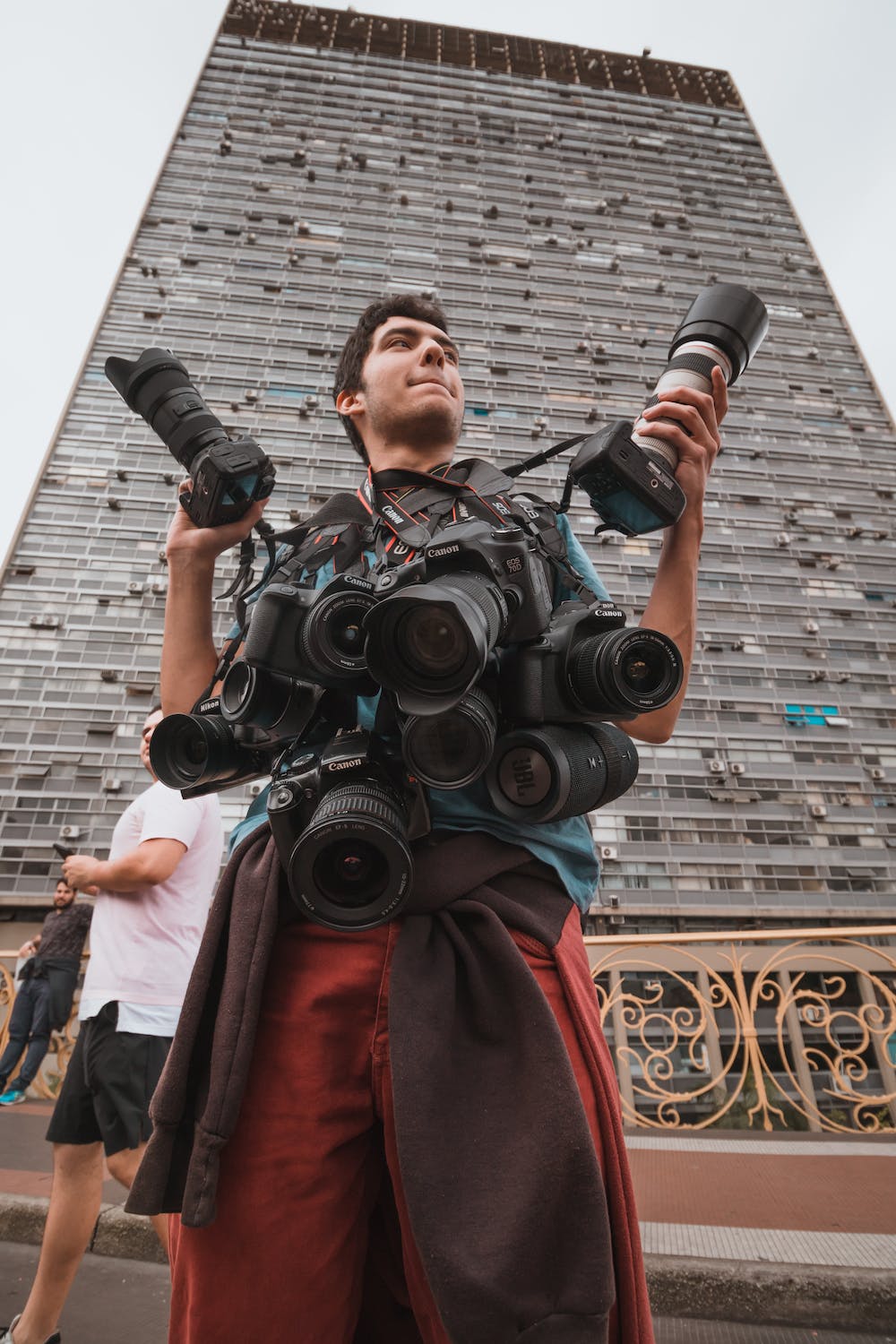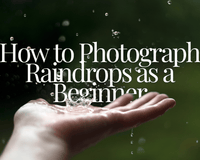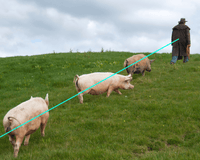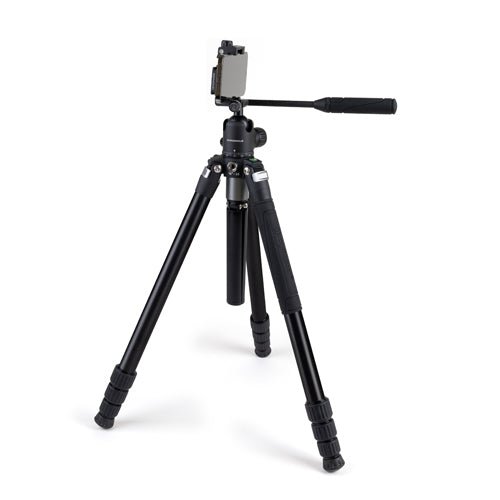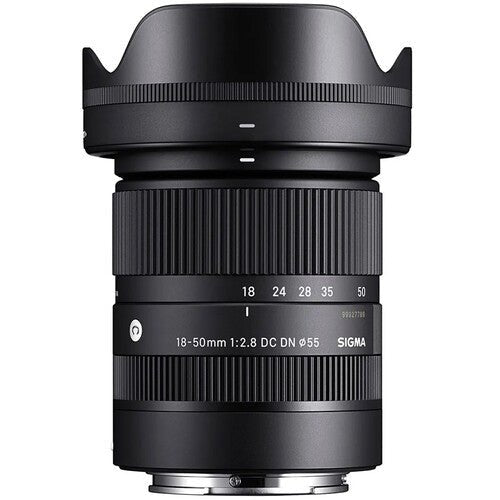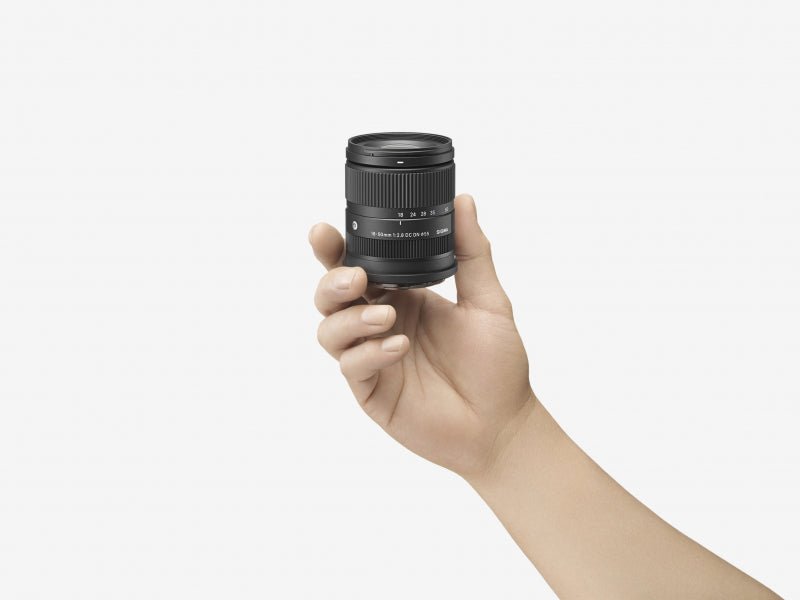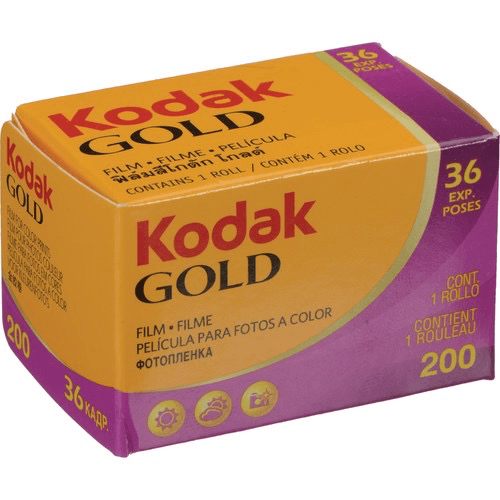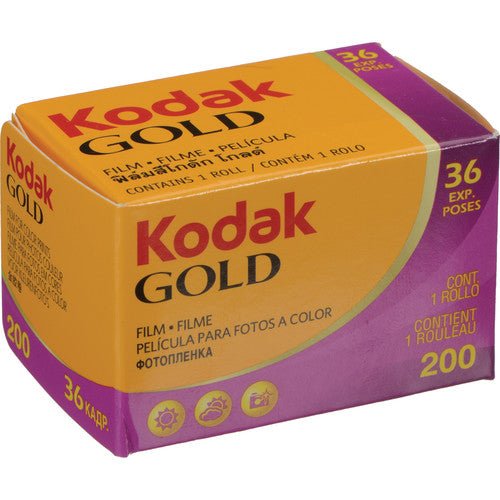Purchasing a camera is a huge step. Whether new to the photography game or a seasoned vet, deciding to pull the trigger on the right camera can be mind-boggling - especially with the various models constantly being created.
But, with your gal here, I will help break down everything you need to consider. I'm here to make your mind less boggled!
Camera Purchasing Considerations
1. Comfort and Ergonomics
You want the camera to fit in your hand like a glove. Having something in your hand that's awkward to hold will make taking photographs difficult and uncomfortable. I recommend going to a camera store and testing cameras to see how they fit in your hands. Unfortunately, some people can only sometimes visit a store. The next best thing is reading reviews and the build description and making the best decision.
2. Size Matters
Yes, size does matter! Depending on your lifestyle, you will need something in size to match it. If you are frequently on the go and carry a lot of equipment, you will need something lighter and compact.
3. Lens Options
When you choose a camera, make sure to check what the lens options are. Does the camera have a fixed lens, or is it interchangeable? Ensure the focal lengths you desire are available for your camera of choice.
4. Budget
And, of course, your budget will play a huge role. Knowing your budget will determine what cameras you can and can't afford. Typically, you should purchase newer cameras. If your budget doesn't allow it - you could always look into used cameras. However, the downside to anything used is that you don't know what it has been through before you - what type of baggage will that camera have!? If you spend less, you risk getting a less-than-great camera. The average price point for a camera with excellent image quality is $500 (and sometimes more).
5. Image Quality
Lastly, you need to consider the image quality. And this isn't solely dependent on the camera but also the lens you use. If you purchase a fixed camera lens, you can't switch things out to get a different-quality image. When you buy a beginner mirrorless camera or DSLR camera, typically, they will come with kit lenses. Unfortunately, these lenses are less than desirable. You will want to invest extra money into a small arsenal of lenses.
DSLR Cameras
Digital Single Lens Reflex, also known as DSLR cameras, is a camera that uses the same lens to frame, focus, and take photographs. These are popular amongst amateurs and professionals alike.
Pros:
• Long-lasting battery
• Interchangeable lenses
• Very versatile
Cons:
• Can be bulky
• Auto-focus is usually not as great as newer mirrorless cameras.
Mirrorless Cameras
As the name says, Mirrorless cameras are without a mirror. These cameras also offer interchangeable lenses as well as fixed ones.
Pros:
• Advanced technology
• Great value
• Typically lighter
Cons:
• Battery may not last as long as some DSLR cameras
Micro Four-Thirds Cameras
The Micro Four-Thirds (Panasonic Lumix, Blackmagic) is a type of mirrorless camera with a smaller sensor size. Think of it like a mini interchangeable lens camera.
Pros:
• Ergonomically perfect for people with smaller hands!
• Lightweight
• Budget-friendly
Cons:
• Not the best for those with big hands.
• Some cameras have over-crowded controls
Point-and-Shoot Cameras
Point-and-Shoot cameras, also known as compact cameras, are perfect for leisure photos. These cameras have a fixed lens.
Pros:
• Budget-friendly
• Compact
Cons:
• Limited settings
• Not a choice for professional photographers
Action Cameras
Action cameras are great for those wilderness photographers! They are waterproof and rugged, and the main focus of these cameras is their video capabilities.
Pros:
• Great for action-packed photographs
• Perfect to mount on your helmet or body
Cons:
• Not meant for your everyday photos
Camera Brands
Some people are brand snobs. Hey, no judgment here. I'm also a brand snob at times. However, the brand will only affect the quality of your photographs. Each brand has a variety of cameras and lenses with different price points and advantages.
Here are the four more popular camera brands currently on the market.
Canon
Canon is one of the pioneers in photography. Even if you know nothing about photography, you have heard of Canon. They produce cameras for novices to professionals, and you can find mirrorless cameras, DSLR cameras, to compact cameras at various price points.
They are also one of the leaders in the lens industry with a wide selection. They have outstanding mirrorless lenses, super telephoto, tilt-shifts, and more.
The downside to Canon is that they are a bit behind on the mirrorless game. Their first mirrorless full-frame camera came out around 2018 and has yet to have an impressive selection of lenses!
Nikon
Another heavy hitter in the photography game is Nikon. They also produce cameras for all different levels - they have a tad smaller selection than Canon. They also came out with their full-frame mirrorless camera in 2018, so they also have a limited selection. Nikon truly has a phenomenal D-series DSLR cameras and an exceptional Z-series mirrorless cameras.
When it comes to lenses, they have DX and FX-format lenses. These lenses are compatible with APS-C and full-frame sensor cameras.
Sony
Although Sony is becoming nearly as notorious as Canon and Nikon, and they are one to look out for if the mirrorless camera is your choice. Sony is also a leader in fancy-schmancy technology, and its Alpha mirrorless cameras are impressive.
They are getting better at providing more options in the lens department, compared to Canon and Nikon, but the lenses they do offer have a heftier price tag than competitors.
Panasonic Lumix
Panasonic Lumix cameras are renowned for their outstanding image quality, advanced features and durability. The new range of Lumix cameras are even better, with improved image sensors, faster autofocus and 4K video recording.
Both professional photographers and amateur snap-shooters can take stunning photos or videos using any of the Lumix cameras. Prices start at around $300 and up. Panasonic also offers a large selection of quality lenses.
Fujifilm
And last on this list is Fujifilm. Usually, Fujifilm is known for its film stock and instant cameras.
Fujifilm does not make anything with a full-frame sensor. However, they are popular with their medium format and APS-C cameras. Although it has nothing to do with image quality, they have some awesome-looking retro-inspired cameras. Their X-series also have a film simulation, so you won't need to edit your photos. This series will give your photos the Fuji film stock look.
They also come with a higher price tag, and the higher price makes them less than ideal for anyone just getting into photography.
Other Features to Consider
When purchasing a camera, you have several other options to consider. The considerations below might make or break your final decision.
- High Frame Rate – A high frame rate allows you to shoot multiple photos consecutively.
- High ISO Performance – Your ISO determines how your photographs turn out in low light (without a flash).
- Dual Memory Card Slots – If you need instant backup, dual memory card slots are crucial.
- Mic Input/Output – You should consider the mic input/output if you plan to record the video.
- Image Stabilization – Having reliable image stabilization can help you capture videos with a limited shake.
- Weatherproofing / Dustproofing – For the photographer who travels in unpredictable elements, you will want weatherproofing/dust proofing.
- Wifi, Bluetooth - This is an excellent option for those wanting to transfer photos wirelessly or to control your camera remotely.
Camera Accessories You'll Want
Hopefully, now you have decided on what camera you want. Hooray! But there are still some accessories you will want to throw in your shopping cart.
- Photo Editing Software – I highly recommend you invest in Adobe Lightroom or Photoshop. You will need to edit, even if you're altering the brightness slightly.
- Memory Card – You will need a memory card to hold all the photographs you are about to take!
- Screen Protector – I will always suggest screen protection. I know I am accident-prone and need everything possible to help keep my camera's LCD screen in tip-top shape.
- Camera strap – Since I'm accident-prone, I also suggest purchasing a camera strap. A camera strap adds extra security while holding your camera. It lets you control it without using your hands when you need a little break.
- Tripod – For crystal-clear photographs, you need a tripod. A tripod helps ensure you don't have any blur in your photos.
Optional Accessories
Although the accessories above are all you need, the items below are a few options to consider.
- Filters – Filters will help enhance your photos. They attach to the front of your lens and are used for UV, ND, polarizing, and more.
- Cleaning accessories – This might be necessary for some, and others not. A lens pen, blower, and a microfiber cloth will help keep your camera clean.
- External flash – Seasoned photographers prefer external flashes over the small ones your camera is equipped with.
- Remote Control – A remote control makes taking photographs from a distance easy-peasy.
Now, add all this fun stuff to your B&C Camera shopping cart! You now should feel ready to make your final purchase, along with a few accessories to take you from a hobbyist to a pro. There is a lot to consider when purchasing your camera, and you can get confused when looking at the camera sensor, zoom lenses, autofocus, shutter speed, and so much more. Use the simple guide above to make things less chaotic!
Check out these other articles for more details on the best cameras and accessories:

